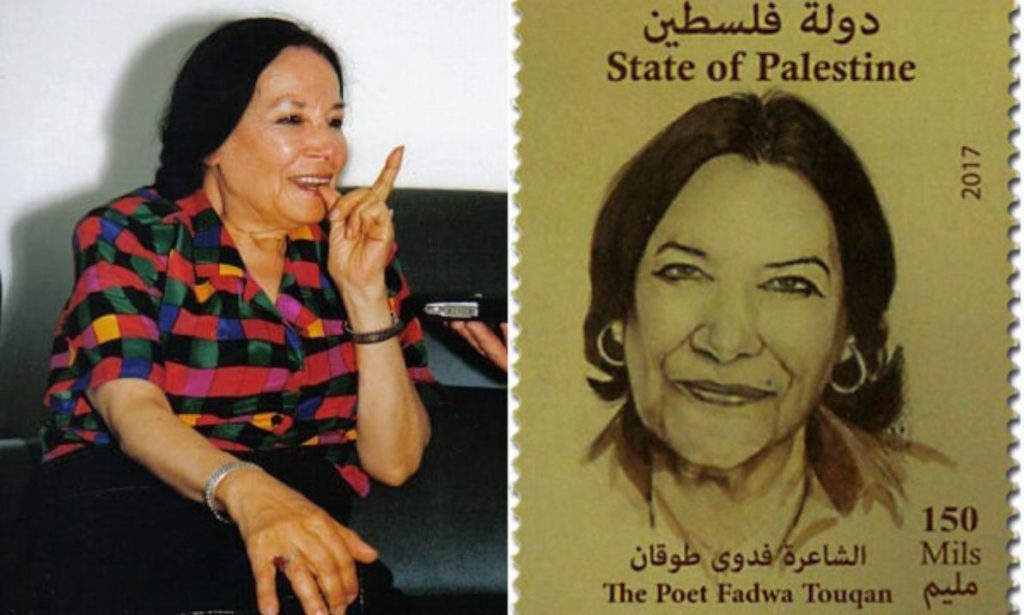Remembering Fadwa Tuqan: An Iconic Feminist & Poet Of Palestinian Resistance
Fadwa Tuqan is a prominent and pioneering Palestinian poet, born in the city of Nablus in 1917, and died in 2003 at the age of 86. She is also referred to as the Poetess of Palestine. The sister of the renowned Palestinian poet Ibrahim. The poetess’ life stretches through the ills and pains of Zionism ever since the British occupation in 1917, the great Nakba of 1948, and the Naksa of 1967.
As a female living in a respectable yet conservative family, her public participation was considered unacceptable, which led her to leave school and educate herself with the help of her brother, who according to several accounts took on the responsibility of her education and exposed her to poetry. Tuqan no sooner turned to poetry as a way of self-expression that she evidently excelled at. She wrote important prose books, one of which is about her brother Ibrahim, titled My Brother Ibrahim (1946). Her first poetry collection is titled “Alone with the Days”. One of her best-known poems, “The Night and the Horsemen,” described life under Israeli military rule.

Tuqan later went to Oxford University where she studied English Literature. Her poetry is known for her distinctive chronicling of the suffering of the Palestinian people living under Israeli occupation. She eventually published eight poetry collections, which were translated into many languages and enjoyed renown throughout the Arab World.
In addition to resistance poetry, Tuqan Alone With the Days, focused on the hardships faced by women in the male-dominated Arab world. She is referred to in the academic field both as a resistance figure, and an iconic feminist.
Tuqan died on December 12, 2003, during the height of the Al-Aqsa Intifada, while her hometown of Nablus was under siege. Throughout her participation in the political field, her name became related to other famous Palestinian poets like Mahmoud Darwish, Tawfiq Ziyad, and Samih Al Qasim. Her famous poem was written on her gravestone: “It is enough for me to die on it and be buried in it, and under its soil I melt and perish”
WE SAID THIS: Don’t Miss…Ink as a Weapon: A Look at the Power of Palestinian Resistance Poetry
